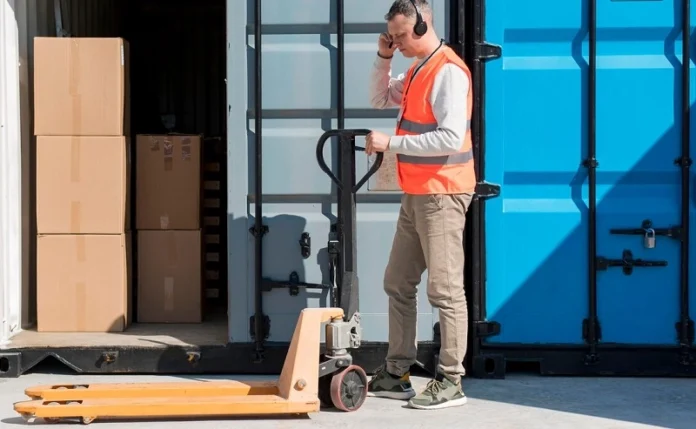Advanced shipping solutions are usually used in worldwide commerce of perishable commodities to guarantee items reach their destinations in best condition. Using reefer containers —which give exact temperature control throughout transit—is one of the most important developments in this sector. Transporting perishable goods including fresh vegetables, dairy, medications, and seafood depends on these refrigerated containers. Consistent temperature helps them to avoid spoiling and increase the shelf life of products. Globally trading companies rely on these containers to satisfy strict quality and safety requirements. For businesses depending on temperature-regulated transportation, knowing how these containers work and their advantages is very vital.
How Cold Containers Control Temperature
Modern refrigeration systems included in Cold containers enable for exact temperature control all along the transportation procedure. The particular needs of the cargo will determine whether these containers should be designed to keep temperatures as low as -30°C or as high as 30°C. The refrigeration system guarantees that every part stays at the same temperature by equally distributing cold air around the container. Cold containers are built with insulated walls that aid to keep the cool air and reduce outside heat interference, therefore improving efficiency. Advanced monitoring technologies included in certain current machines provide for real-time tracking and changes. This guarantees that, independent of outside environmental changes, items stay in great condition all through the travel.
Cold Containers’ Place in the Food Sector
Cold containers are mostly used in the food sector to maintain freshness while transporting perishable commodities across great distances. To avoid spoiling and guarantee they arrive in market-ready condition, fruits, vegetables, meat, dairy products, and seafood call for different temperature settings. Keeping the right temperature and humidity conditions helps these containers preserve nutritional content and aid to decrease food waste. To satisfy foreign markets, many food providers rely on refrigerated transportation, therefore guaranteeing a consistent supply of fresh goods all year round. Maintaining food quality and avoiding infection depend critically on correct handling and storage during transportation. Cold containers let consumers experience fresh goods anywhere, regardless of distance.
Medical and Pharmaceutical Supplies Transportation
Apart from the food sector, medical supply and pharmaceutical goods transportation depends much on Cold containers. Maintaining the efficacy and safety of many medications, vaccinations, and biological samples depends on exact temperature regulation. Any temperature change can impair the integrity of these delicate goods, therefore posing possible health hazards. To follow worldwide health rules and guarantee the delivery of safe products, pharmaceutical industries depend on refrigerated transportation. Data logging and real-time tracking on Cold containers helps to preserve responsibility and openness during transportation. These containers help the worldwide healthcare system by maintaining the stability of medicinal supplies and thereby enhance patient outcomes.
Technological Developments in Cold Controllers
Recent years have seen much better cold container dependability and efficiency because to refrigeration technological innovations. Advanced tracking systems used in many contemporary containers offer real-time information on position, temperature, and humidity. These clever containers help companies to make wise judgments and react fast to any changes that can arise during transportation. Certain cold containers also include energy-efficient cooling systems that cut fuel usage and lessen environmental effect. Their sustainability is improved further more by the combination of solar panels and hybrid power sources. Cold containers will becoming even more efficient as technology develops, offering improved options for industry-wide temperature-controlled transportation.
Cold containers have transformed the transportation of perishable items such that they retain their freshness and safety all through journey. Their relevance in contemporary supply chains is shown by their participation in sectors like food, drugs, and agriculture. As their efficiency keeps improving, technological developments increase their dependability and environmental friendliness. Innovations in refrigerated transportation are enhancing general operations even with obstacles like high costs and logistical difficulties. Companies depending on temperature-regulated logistics might gain from implementing the most recent reefer containers technology solutions. Cold containers will always be essential for the movement of perishable products globally as international trade develops.



